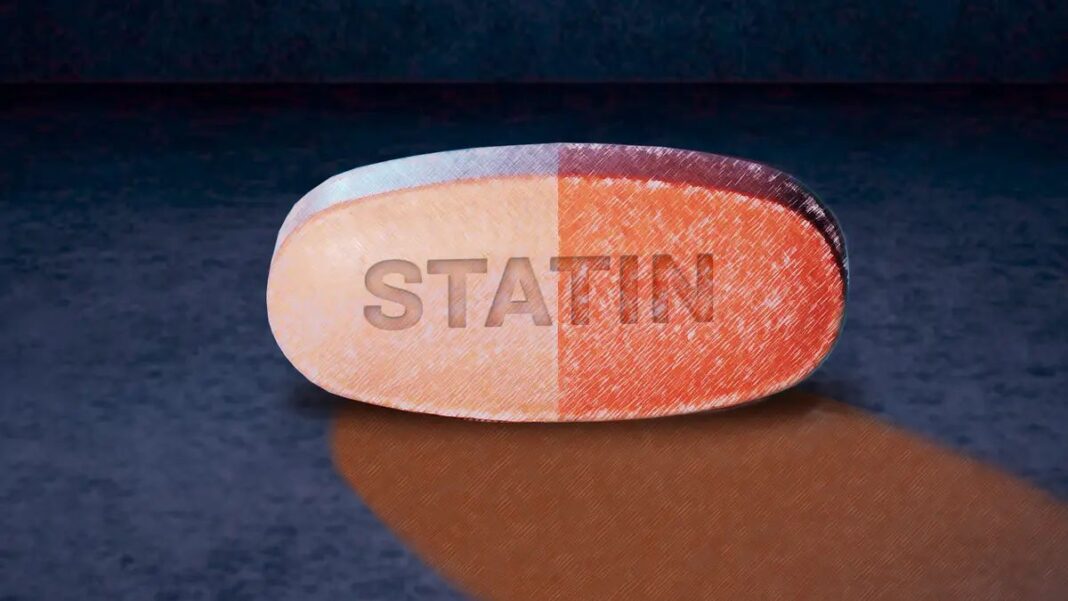Statins, one of the most commonly prescribed and bestselling drugs in history, have shaped Western society’s approach to treating heart disease.
Statins, one of history’s most commonly prescribed and bestselling drugs, have shaped Western society’s approach to treating heart disease.
Akira Endo, a Japanese-born biochemist, discovered statins from mold. His research garnered the attention of pharmaceutical companies, aiming to find a compound that could effectively lower cholesterol—the assumed cause of heart disease. Merck ultimately obtained samples of the drug and was “astonished at the potency,” recalled by Mr. Endo in his review, spurring the pharmaceutical company to develop its own statin.
In 1987, the U.S. Food and Drug Administration (FDA) approved Merck’s lovastatin, the first commercial statin.
At the same time, questions began to accumulate about this wonder drug.
Statin Benefits: Same Coin, Different Sides
Statins are regarded as life-saving medications because they reduce the risk of heart attacks and strokes, as asserted by numerous studies investigating their safety and efficacy. In these studies, a statistical analysis model called relative risk reduction is often employed to demonstrate drug efficacy.
This model, however, can be misleading, according to Dr. Malcolm Kendrick, a Scottish-based physician who published multiple reviews on cardiovascular disease and statins in academic journals. “It’s a way of hyping benefits,” Dr. Kendrick said.
Suppose there are two groups of 100 people, with the first group taking an experimental pill theorized to prevent heart attacks and the second group taking a placebo. During a trial time of two years, the first group only experienced one heart attack, while the second group recorded two.
Statistically, the experimental pill appears to be insignificant in its cardiovascular protection. But when the relative risk reduction is applied, the pill shows a 50 percent efficacy in decreasing heart disease compared to placebo, given that there was one fewer heart attack in the treated group.
This inflation of data receives raving media coverage. Reporting the results of a large 2008 study, The New York Times noted that the risk of heart attack was “more than cut in half” by statins. The study evaluated AstraZeneca’s rosuvastatin (Crestor) on 17,802 people without high cholesterol, finding about a 50 percent relative risk reduction of heart attack in the statin group.
Another study, commonly cited to exemplify statins’ robust protective effects, is a large trial investigating Pfizer’s atorvastatin (Lipitor), called ASCOT-LLA. In this case, statins were 36 percent more protective than the placebo.
However, the absolute risk reduction for both studies was approximately 1 percent.









